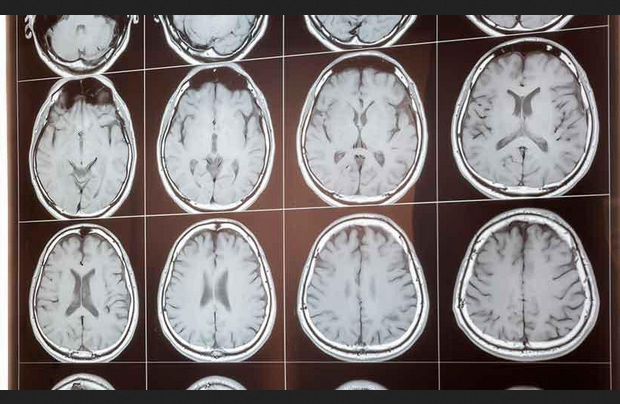Coping mechanisms after experiencing trauma may include dissociative symptoms. Researchers from McLean Hospital have discovered evidence of trauma-related dissociative symptoms in brain scan imaging.
Dissociative symptoms include emotional numbness, amnesia, or out-of-body experience. The lingering symptoms may result in mental dysfunction and affect overall cognition.
Using an artificial intelligence technique, the team analyzed the magnetic resonance imaging (MRI) results of 65 women who experienced abuse as children and have post-traumatic stress disorder (PTSD). The brain scans revealed how connections between different parts of the brain were associated with the women's dissociative symptoms.
Objective Measurements of Brain Activity
Dr. Lauren Lebois shared that their findings helped identify "a 'fingerprint' of dissociation in the brain that could be used as an objective diagnostic tool." Currently available treatment for PTSD typically involves counseling and drug treatments.
When "brain-based measures reach high levels of sensitivity and specificity" is developed, they can be used to assess people who struggle with effectively sharing their dissociative symptoms. For example, explained Dr. Lebois, individuals may "intentionally or unintentionally minimize or exaggerate their symptoms" or results can be presented in court proceedings as a form of objective corroborating evidence.
She also shared that dissociative symptoms and disorders are often doubted and patients are rarely asked about the condition. Doubt from society and even medical experts "fuels a vicious cycle: New generations of clinicians aren't educated about these experiences; these symptoms are misunderstood, stigmatized, and underdiagnosed; and funding isn't prioritized in this area of research," said Dr. Lebois.

Read Also: Children Witnessing Domestic Violence Need Proper Intervention for PTSD
Suffering from Dissociative Disorders
Dissociative disorders may include identity disorder, formerly known as multiple personality disorder, amnesia, or depersonalization/derealization disorder. Depersonalization/derealization disorder means that a person feels detached from their mind, body, environment, and/or feelings. The condition may also be a symptom of other mental disorders and physical conditions such as seizures.
Moreover, a lot of people who suffer from dissociative symptoms and disorders from childhood trauma do not have access to mental health interventions. Lebois described the conditions as a global ethical issue. Children are abused or neglected then don't have access to proper treatment as adults, which she expressed is injustice.
With signs dissociative symptoms visible in brain scans, the objective measurements can serve as biological evidence. The team hopes that their research can help prove the legitimacy of the condition's psychiatric symptoms.
Patients may also be motivated to seek medical help if society grows in awareness and acceptance of dissociative symptoms. It may also attract insurance companies to consider medical coverage for the condition, as well as help, develop new forms of therapy.
Dr. Milissa Kaufman shared that their study helped her team with their next research which is to analyze how dissociation may affect patients who are receiving treatment for PTSD. The new research might help them "establish a new standard of care for traumatized patients with PTSD who struggle with significant symptoms of dissociation," she said.
Check out more news and information on Post-Traumatic Stress Disorder in Science Times.
© 2026 ScienceTimes.com All rights reserved. Do not reproduce without permission. The window to the world of Science Times.











